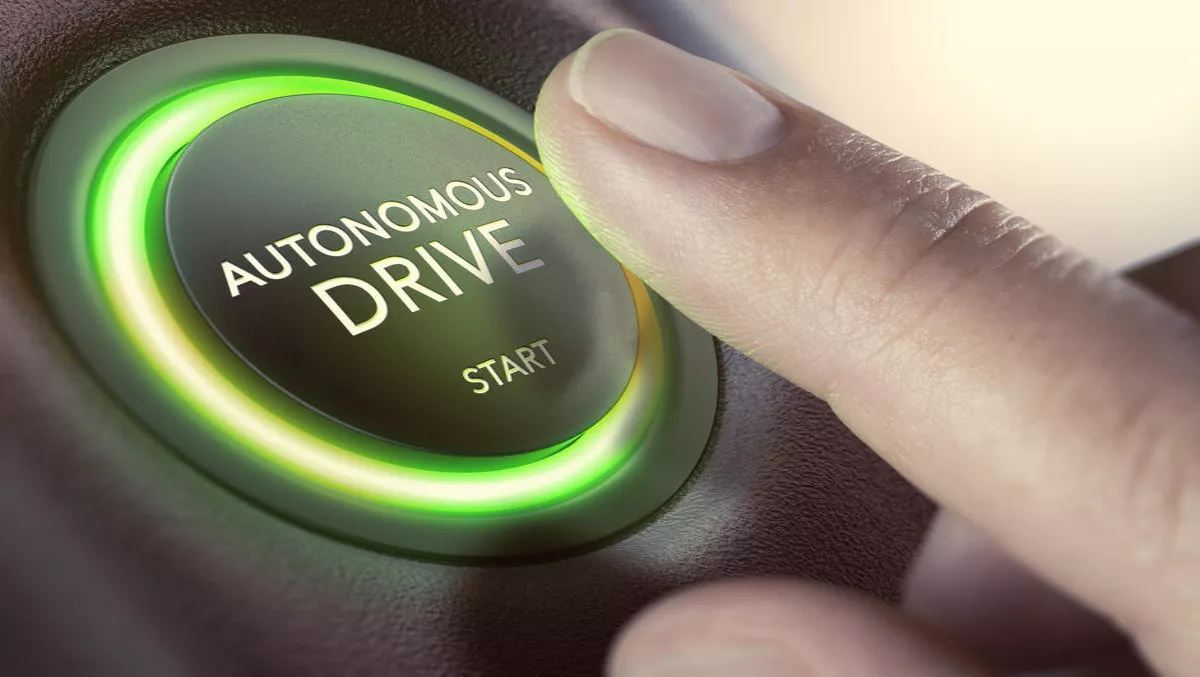More than 15,000 Victorian motorists participated in one of the world's largest surveys of attitudes to self-driving cars.
Self-driving car technologies such as lane keeping assistance are increasingly offered by the latest production cars in Australia.
Hands-free driving on EastLink and other suitable freeways is expected within the next few years.
EastLink is working in partnership with VicRoads, the Australian Road Research Board (ARRB), La Trobe University and RACV to identify opportunities to improve the compatibility between the latest self-driving car technologies and freeway infrastructure.
Cars have been provided by a wide range of manufacturers including Audi, BMW, Honda, Lexus, Mazda, Mercedes, Mitsubishi, Tesla and Volvo
To complement this trials program, EastLink with support from ARRB has now completed the first Annual Victorian Self-Driving Vehicle Survey.
More than 15,000 Victorian motorists completed the survey, making it one of the world's largest surveys of motorists' attitudes to self-driving cars.
Doug Spencer-Roy, EastLink spokesperson says, "EastLink's Annual Victorian Self-Driving Vehicle Survey is helping Victorian motorists by ensuring that road operators and car manufacturers better understand motorists' needs in relation to self-driving cars.
"More than 15,000 Victorian motorists completed the inaugural Annual Victorian Self-Driving Vehicle Survey, making this one of the world's largest self-driving car surveys.
"EastLink's survey shows that more than half of respondents are no longer considering a traditional petrol combustion engine for their next car, that's a massive change from traffic on our roads today, where the large majority of cars are powered by traditional petrol combustion engines.
A third of respondents are now considering hybrid power as an option for their next car.
A quarter is considering the 100% battery electric vehicle option.
This is a massive step for the EV industry in Australia.
The majority of respondents say they have very little or no knowledge of self-driving cars, thus they want more and better information about self-driving cars needs to be provided to Victorian motorists.
However, more than half of respondents want lane keeping assistance (also known as highway autopilot) in their next car, which should encourage manufacturers to continue to roll out this feature and ensure it works effectively on our freeways.
Even though hands-free driving on our freeways is not yet available, one in three respondents already want this feature in their next car.
Spencer-Roy continues, "The trials of self-driving car technologies on EastLink are helping to ensure this feature works effectively on Victorian freeways.
"We encourage all manufacturers to take part.
"We expect this demand to grow further as awareness of self-driving cars increases.
The majority of respondents want their next car to be connected to a data network to receive traffic and road condition warnings, vehicle security and automatic emergency assistance.
This survey shows how important emerging car technologies are to APAC and Australian consumers.



